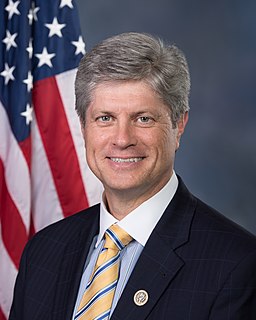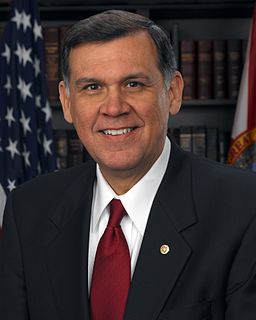A Quote by Ryan Shapiro
I'm not interested in embarrassing the United States. We as a nation need to foster a broader understanding of national security, and when in the name of national security the US government both overtly and covertly aligns itself with the apartheid state and against heroic freedom fighters for racial justice ... Not only in 1962 but also keeping in mind that Mandela was on the US terror watch list until 2008, that kind of myopic understanding of national security has devastating consequences.
Quote Topics
Against
Also
Apartheid
Both
Broader
Consequences
Devastating
Embarrassing
Fighters
Foster
Freedom
Freedom Fighter
Government
Heroic
Interested
Itself
Justice
Keeping
Kind
List
Mandela
Mind
Myopic
Name
Nation
National
National Security
Need
Not Interested
Only
Racial Justice
Security
State
States
Terror
Understanding
United
United States
Until
Us
Watch
Related Quotes
We have a media that goes along with the government by parroting phrases intended to provoke a certain emotional response - for example, "national security." Everyone says "national security" to the point that we now must use the term "national security." But it is not national security that they're concerned with; it is state security. And that's a key distinction.
National security is a really big problem for journalists, because no journalist worth his salt wants to endanger the national security, but the law talks about anyone who endangers the security of the United States is going to go to jail. So, here you are, especially in the Pentagon. Some guy tells you something. He says that's a national security matter. Well, you're supposed to tremble and get scared and it never, almost never means the security of the national government. More likely to mean the security or the personal happiness of the guy who is telling you something.
The invention of the concept of sustainable human development and that of so-called human security, as opposed to territorial security of nation- states, and its promotion by the UN is in clear contradiction to all that we, the Group of 77, and the UN Charter itself consider inalienable, namely national sovereignty and security.
Actually, the phrase "national security" is barely used until the 1930s. And there's a reason. By then, the United States was beginning to become global. Before that the United States had been mostly a regional power - Britain was the biggest global power. After the Second World War, national security is everywhere, because we basically owned the world, so our security is threatened everywhere. Not just on our borders, but everywhere - so you have to have a thousand military bases around the world for "defense."
I am deeply worried about Donald Trump on matters of national security. He doesn't know anything himself about it, and he has appointed a national security adviser, Mike Flynn, who is a pro-Russia conspiracy theorist, and he's just put Steve Bannon, a guy with connections to white supremacy and antisemitism, onto the National Security Council.






























